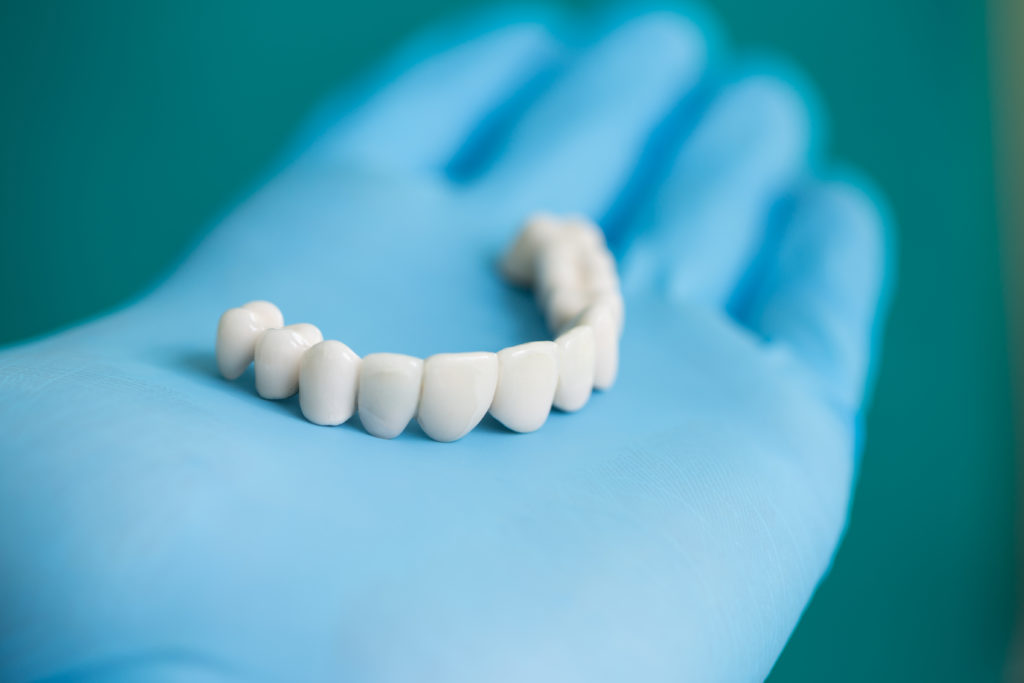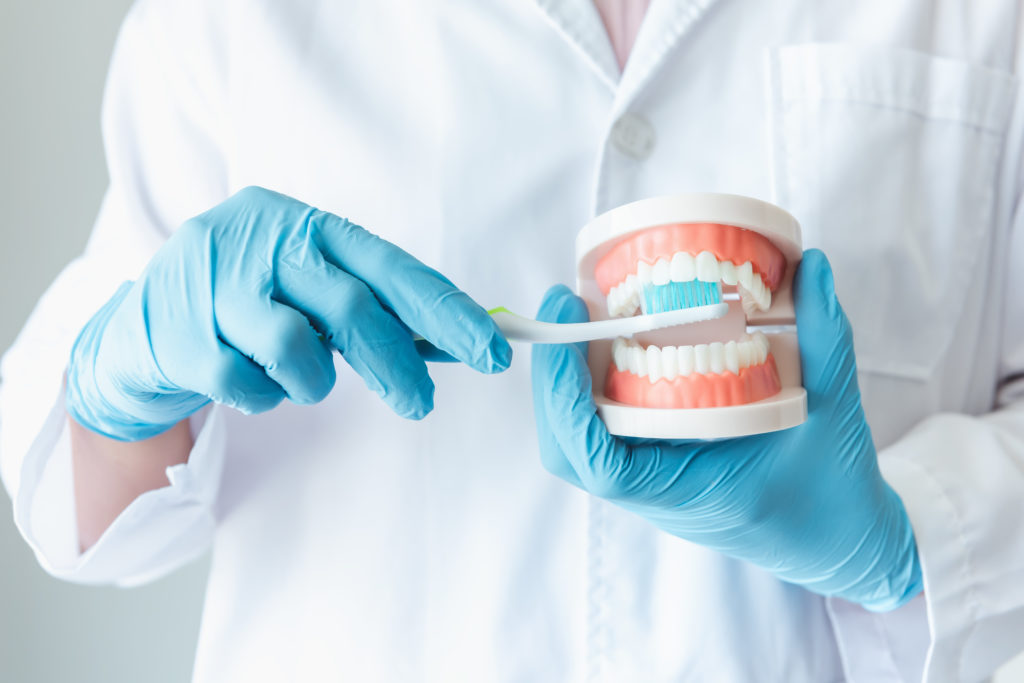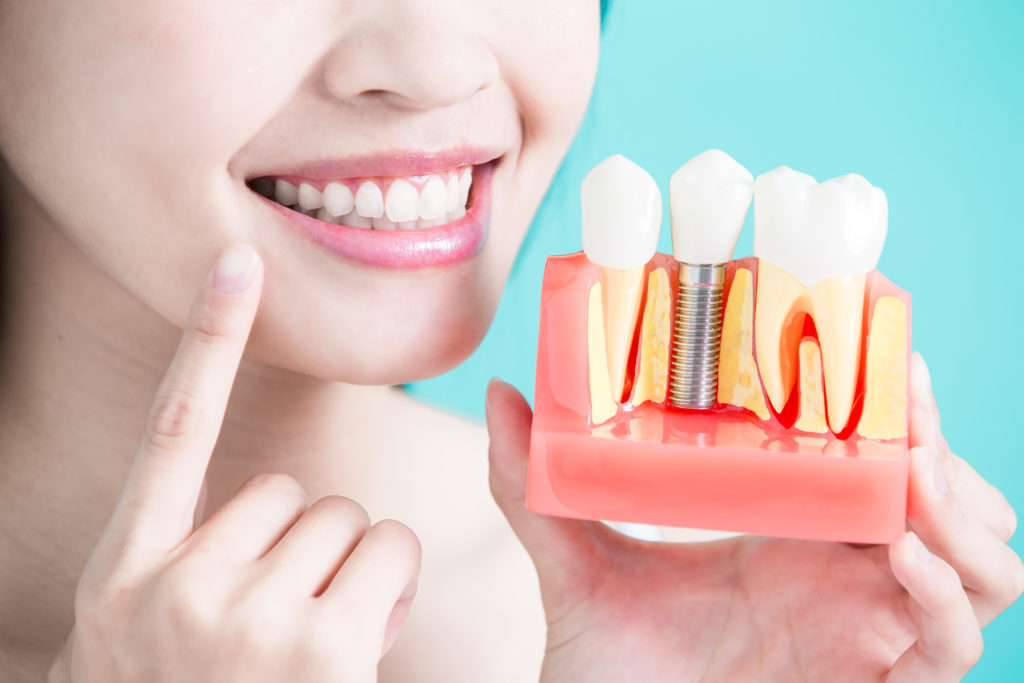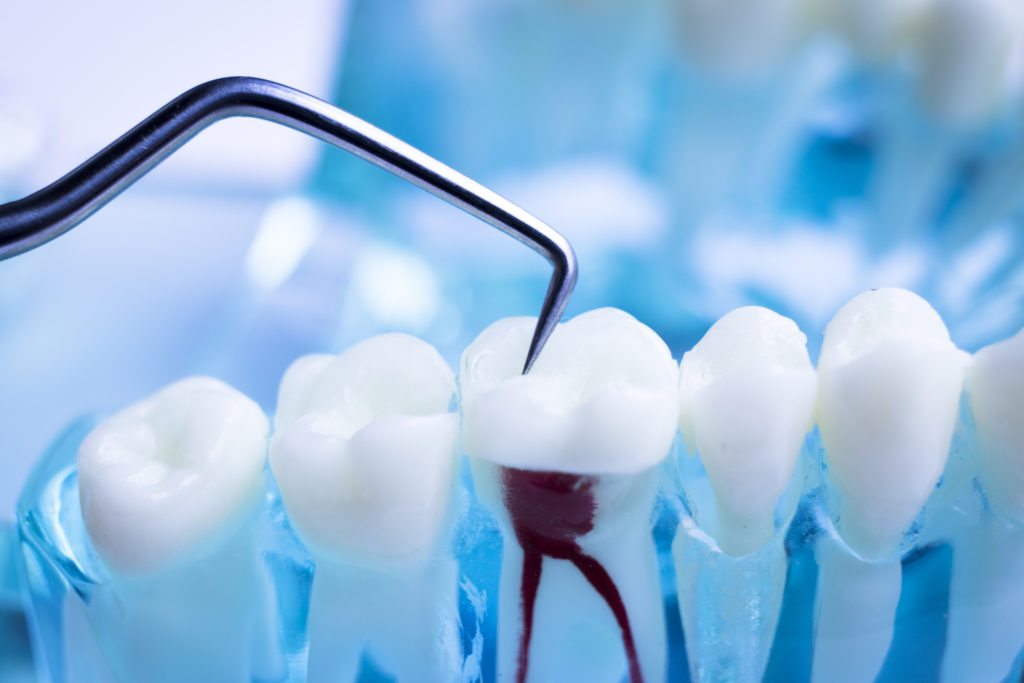Rebuilding your confidence
Like anything in life, it’s hard to appreciate the value of something until you lose it. This is never more so than when you lose teeth, whether as a result of decay, disease or trauma. The cosmetic concerns of a damaged smile pale in comparison to the hardships you experience trying to talk and eat with an incomplete set of teeth. If left untreated, further complications lay down the line as the gaps force your teeth to move out of alignment and your facial features sink in from the lack of structural support. That’s why our dentists are so passionate about what they do. From simple, restorative procedures such as fillings and crowns that stop pain and decay, to bridges and dentures that give you back a full set of teeth, and implants that will have others guessing which tooth is real and which is not, we are constantly upgrading our skills to ensure we always have a solution that will restore to you a full and happy smile.
CROWN
A crown, sometimes known as dental cap, is a type of dental restoration that caps a tooth. A crown is a long-term solution when a cavity is too large to be filled with a filling or damage to the tooth is extensive and the health of the tooth is at stake. They are made from either high-grade porcelain or porcelain bonded to gold.
In your first visit, we will remove decay, shape the tooth and fit a temporary crown. You will return when your porcelain crown is ready, and we will remove the temporary one and fit the permanent crown, leaving you with a natural-looking tooth.
BRIDGES


DENTURES
Full and partial dentures are a complete model of your gums and teeth and are made to replace your natural teeth when you have lost all or most of them due to illness, disease or injury.
FILLINGS
- the extent of the repair needed.
- allergies you may have.
- the position of the filling.
- the cost involved.


IMPLANTS
- Replace one or more teeth without affecting bordering teeth.
- Support a bridge and eliminate the need for a removable denture.
- Support for a denture, making it more secure and comfortable.
- Improved appearance – The implants support the jaw so you won’t lose volume in your face.
- Improved comfort – Dentures can cause discomfort while with dental implants you don’t feel anything at all.
- Improved speech – Ill-fitting dentures can make it sound like you are slurring your speech and cause tension in the facial muscles as they work to keep the dentures in. Dental implants act like your natural teeth so you can speak normally.
- Improved chewing – You can chew food as you would with natural teeth and can enjoy the full taste of food, while dentures block the taste sensation by blocking the roof of your mouth.
- Improved reliability – The success rate for dental implants is very high and the longevity of an implant restoration can be a lifetime.
- Protection of remaining natural teeth – When preparing for crowns and bridges, the adjacent natural teeth have to be trimmed whereas with dental implants there is no need to sacrifice your other teeth.
- First, the dental implants are placed within your jaw bone and left for three to six months to bond with the bone. You will be given dentures to wear over this time.
- After the dental implant has bonded to the jaw bone, you will return to your dentist for the second surgery. Here, your dentist will uncover the implants and attach a small healing collar before attaching the posts to the implant. The new tooth is then made over the post.
ROOT CANAL
If pulp inflammation or infection is left untreated, it can cause pain or lead to an abscess. If you don’t have the treatment, you will eventually have to have the tooth removed.





